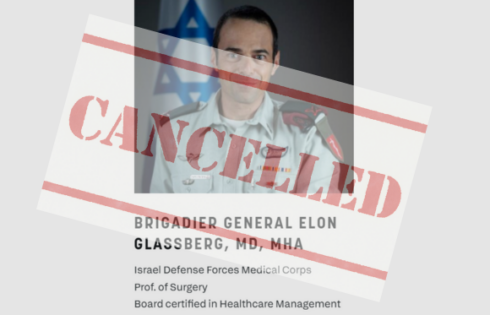
The Yale Daily News reports an unusual development in the lawsuit surrounding the 2011 tailgating accident at the Harvard-Yale football game, which resulted in two serious injuries and one death, after a member of the Sigma Phi Epsilon fraternity lost control of a U-Haul truck and struck three female pedestrians.
Thirty-year-old Nancy Barry, of Salem, Mass., was killed in November 2011 when a U-Haul truck driven by Brendan Ross ’13 — heading toward the tailgate area assigned to the fraternity at the Yale Bowl — accelerated and swerved out of control. Sarah Short SOM ’13 and Harvard employee Elizabeth Dernbach were also injured.
Last month, Short and Barry’s estate filed new suits, identical but separate, individually naming all the students who were members of the Yale chapter of the fraternity at the time of the crash, regardless of whether or not they were present at the tailgate. With Short’s medical expenses exceeding $300,000, Short’s attorney Joel Faxon said he expects a jury to award a sum to Short reaching into seven figures. Paul Edwards, who represents Barry’s estate, said he is looking to recover several million dollars over the death.
The new lawsuit, filed in Connecticut Superior Court in New Haven, is a result of a unique relationship between the national Sigma Phi Epsilon fraternity and the local Yale chapter.
According to Faxon, although Short initially sued the national Sig Ep fraternity in 2012, National Sigma Phi Epsilon Director of Risk Management Kathy Johnston said in a deposition that, legally, the local chapter and national association have nothing to do with each other. Furthermore, the national fraternity’s insurance — Liberty Mutual of Boston — does not cover actions by the local chapter, leading Short to sue the local chapter itself.
“[The national fraternity and its insurance], to try to save money, are trying to distance themselves from the case,” Faxon said. “[The local chapter] has been thrown under the bus … by the national fraternity, so the only remedy that our client has is to sue the local fraternity.”
Faxon said that in his 20 years of litigation, he has never seen such an arrangement, as national fraternities typically come to the aid of their local chapters. Because of Connecticut law, which defines the chapter as a voluntary association, the chapter can only be sued by way of its individual members…
To attempt to hold liable individual members of the fraternity who were not even present at the tailgate seems a stretch, legally and morally speaking.
We will continue to report the latest as this case develops.
Like The College Fix on Facebook / Follow us on Twitter





Please join the conversation about our stories on Facebook, Twitter, Instagram, Reddit, MeWe, Rumble, Gab, Minds and Gettr.